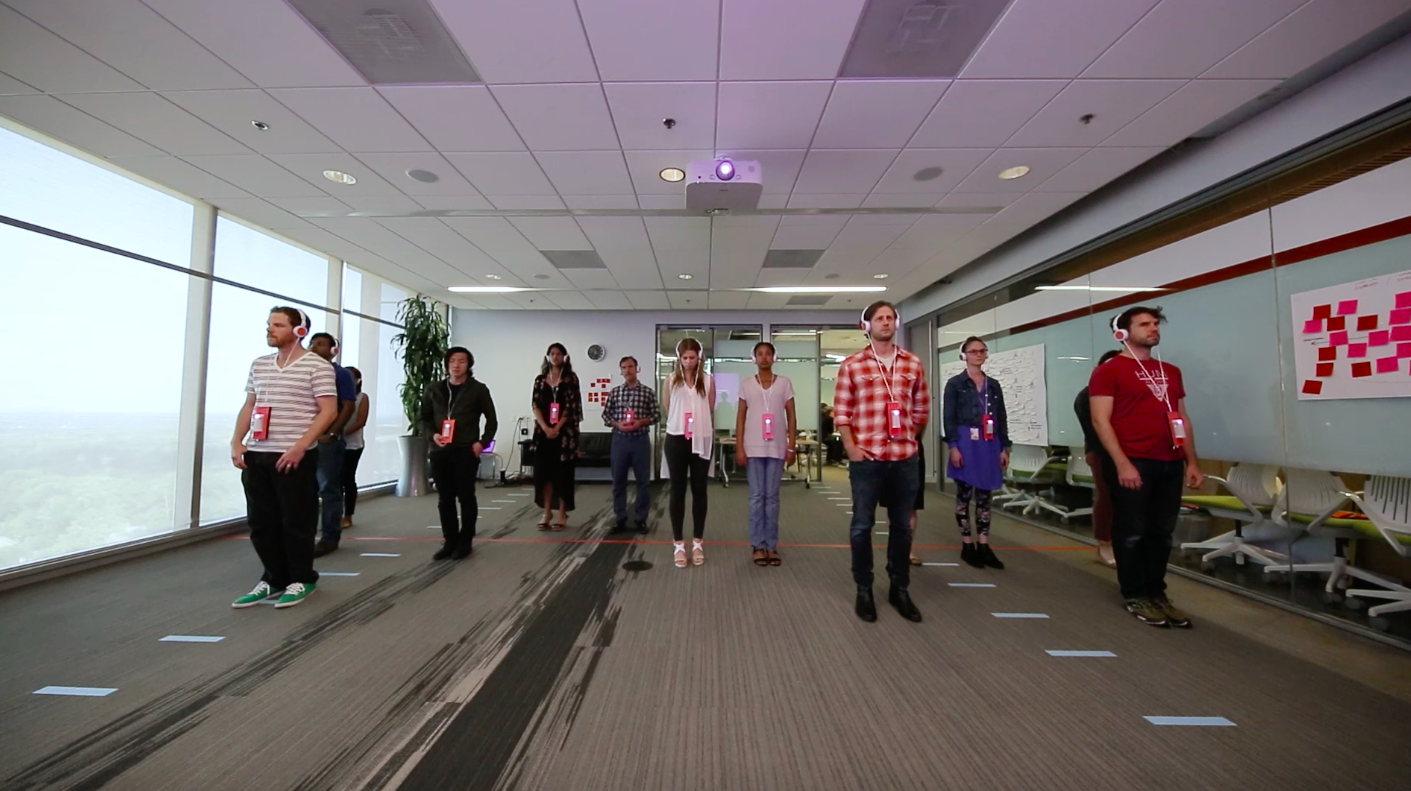
More diverse teams outperform and out-innovate less diverse teams. Specifically, unconscious bias within the workplace is robbing our industry of talent and energy. Companies are investing heavily in trainings due to this massive unchecked cost. However, growing evidence shows that traditional trainings are often ineffective and can even be counter-productive.
"Groups that typically occupy positions of power may feel alienated and vulnerable when their company claims to value diversity…This may be one explanation for the lackluster success of most diversity management attempts: when people feel threatened, they may resist efforts to make the workplace more inclusive." (Jan. 2016 Harvard Business Review)
At Publicis.Sapient, we knew there had to be a different way. What if we applied our creative strategy skills inward, treating ourselves like we would our clients? What would it take to start a grassroots cultural overhaul — to move beyond awareness and into action?
Unconscious bias trainings are often facilitated as one-way presentations that may leave people in the in-group feeling attacked or alienated, and people in the out-group feeling hopeless or upset. Our challenge was to create something that wasn't a training at all. We needed to create an experience that would architect very different emotions — particular empathy. In response, we created Make Some Room — an experiential workshop that makes the invisible visible by placing employees in the shoes of their own peers.
Make Some Room is a 3-hour experience that is original, authentic, and thoughtfully executed for real change. An experience that lasts in people's minds long after the workshop. This was achieved by designing to achieve a very specific emotional journey:
1. Intrigue & Anticipation
Participants are not told much about what they are going to experience prior to the workshop. In the days leading to the workshop, they start to see their office be taken over by red tape and signs that say "listen" placed in various locations. Seeing these physical markers builds curiosity and anticipation. The design of our workshop disrupts that notion from the get go, with people voluntarily signing up just to see what it's all about.
2. Discomfort & Surprise
Instead of starting with a factual explanation of what unconscious bias is, the workshop starts off with a privilege walk. Participants are asked to line up in the center of the room as they enter. Facilitators ask a series of questions, to which participants are asked to either step forward or backward depending on their answer. While privilege walks are not new, our version has a twist. After each step, through their headphones, participants hear the voice of a co-worker tell a story of an instance where they experienced a bias that is related to the question that they just answered. We allow people to reflect and react to the distance between themselves. This is usually a very uncomfortable exercise for all, but also very eye-opening.
3. Empathy
The second exercise is the heart of the whole workshop. Participants leave the workshop room and follow a red line around their office with a wearable device and hear the recorded voices of their own co-workers describe how it feels to be subjected to daily micro-aggressions in familiar locations — meeting rooms, hallways, kitchens, bathrooms. Although the voices have been slightly altered to preserve anonymity, there is no mistaking how the speakers feel — marginalized, demoralized, alone, frustrated… At each station, participants are asked to designate what emotion they think the speaker is feeling. This prompts participants to truly focus and listen to the speaker. Even if they cannot relate to the incident they are hearing about, by naming the emotion, they are more likely to relate to at least how it made that person feel.
4. Empowerment
While the previous exercise leaves many feeling overwhelmed with emotion, the final exercise was designed to shift those emotions into positive momentum. Every single person returns wanting to change the culture. We leverage this desire and move everyone from awareness into action by sharing strategies that people can employ to disrupt their biases. The group generates ideas (both big and small) that can be executed either at a personal level or at a group level. This ideation session culminates in each person crafting their own personal commitment to help counter the effects of unconscious bias.
Due to early success, Publicis.Sapient is currently rolling the workshop out to all offices in North America, and has started sharing it with sister agencies within Publicis Groupe. It has piloted in our London office and will soon be visiting our India offices. Hundreds of pledges are being made, and countless positive actions have already been made as a result.
Our people see this as a very high-value experience. Based on all of the offices visited, the average rating for the workshop is 8.8/10.
Although early indicators for the workshop's impact are promising, we are working to better understand whether or not they are having the intended long-term impact on driving towards a more inclusive workplace. Even heavy hitters in this space, have yet to point to any solid evidence that their significant investments in unconscious bias training are yielding long-term improvements. To better understand the long-term impact of our unconscious bias efforts we are:


